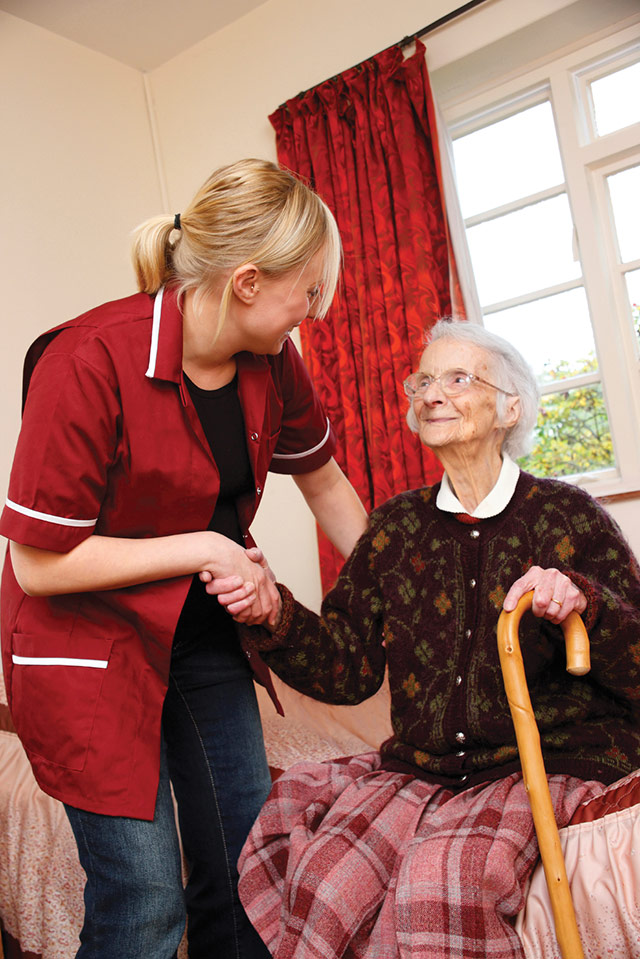Caring for carers

The Caring for Carers strategy first published in 2006 recognised the need for support carers to have access to a social life, training, education, availability of information and support services. Carers are classified as those who, without renumeration, provide help and support to a family member or friend who require it through of frailty, illness or disability.
The assessment was designed to offer the opportunity for careers to discuss their own needs and be considered for services in their own right. The latest statistics released by the Department of Health outlines the number of carers’ assessments offered, completed and declined, as well as the main reasons why offers were declined and the reassessments offered between October-December 2016.
A carer’s assessment was offered to a total of 3,504 individuals, a 9 per cent increase on the same period in 2015. Just over half of theses assessments were accepted but 48 per cent were declined. The balance has gone against a trend that has, up until this quarter, seen the number of declined assessments be higher than those accepted.
Regionally, 58 per cent of carers offer assistance during the period were aiding someone elderly. Carers caring for someone in the Physical Disability and Sensory Impairment client group accounted for 16 per cent of assessment offers; 12 per cent of those offered an assessment were caring for someone in the Mental Health client group; 5 per cent in both the Child and Adolescent Mental Health Service (CAMHS) and Children with Disabilities client groups and 4 per cent in the Learning Disability client groups. The client group with the least offers of a carers’ assessment was Family and Child Care (1 per cent).
Generally, those caring for someone in the Family & Child Care client group were the most likely to accept assessment, whereas the CAMHS and Mental Health client groups were more likely to decline the offer.
Declining
During the timeframe, the main reason for declining assessment given was that the person felt they did not need any support or additional support (30 per cent). Those how did not see themselves as carers made up 20 per cent and those who felt it would be too time consuming consisted of 6 per cent. The number of people concerned about the impact on their benefits was under 1 per cent.
Reassessment
An assessment is required when situations change for carers ranging from the level of need of the person they are caring for to extra work commitments or their own physical/mental health.
The level of care reassessments offered increased by 9 per cent to 559 from the previous quarter but was a 10 per cent decrease on the period for the same timeframe the previous year. However, overall there is a trend of a growing number of reassessment offerings since 2014. Of the 559 carers’ reassessments offered in the latest quarter, 71 per cent (396) were accepted/completed and 29 per cent (163) were declined.
Again, carers caring for the elderly were the most likely to be offered reassessment. Reassessment offers to carers caring for someone in the Learning Disability client group accounted for 16 per cent; with those in the Children with Disabilities group receiving 13 per cent of offers. The Physical Disability & Sensory Impairment and Mental Health client groups accounted for 12 per cent and 6 per cent of offers respectively. Less than 1 per cent of offers were made to those in the Family and Child Care client group during this quarter and no offers of a carer’s reassessment were made to carers caring for someone in the CAMHS client group.
Source: Quarterly Carers’ Statistics for Northern Ireland






